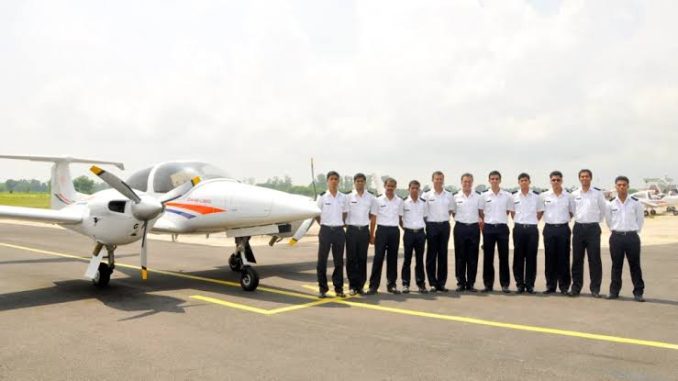
Becoming a pilot is a dream for many, offering the thrill of flight and the potential for a rewarding career. However, the journey to becoming a licensed pilot starts with the right training, and choosing the right pilot training institute is crucial. With so many options available, how do you select the one that best suits your needs and ambitions? Here are key factors to consider in choosing the ideal pilot training institute.
1. Accreditation and Certification
First and foremost, ensure that the institute is accredited by the relevant aviation authorities. In the U.S., for instance, the Federal Aviation Administration (FAA) should certify the training programs. In other countries, look for certification from the Civil Aviation Authority (CAA) or similar organizations. Accreditation ensures the training meets industry standards and equips you with the skills and knowledge necessary to operate safely and competently.
2. Reputation and Reviews
The reputation of the institute is another essential consideration. Research online reviews, seek recommendations from current or former students, and speak with professionals in the aviation industry. Word of mouth can provide insight into the quality of training, instructor experience, and the institute’s overall atmosphere. An institute with a proven track record and positive reviews is more likely to provide high-quality instruction and successful career outcomes.
3. Type of Training Programs Offered
Pilot training institutes offer a variety of programs, ranging from private pilot licenses (PPL) to commercial pilot licenses (CPL) and airline transport pilot (ATP) licenses. Some institutions also offer specialized courses, such as multi-engine training, instrument ratings, or flight instructor certifications. Choose an institute that offers a program tailored to your career goals, whether you’re looking to fly for leisure or pursue a professional career in aviation.
4. Quality of Instructors
The instructors you learn from will directly impact your training experience. Look for institutes that employ experienced and qualified flight instructors, preferably with thousands of flight hours and relevant certifications. Experienced instructors can provide valuable insights, practical advice, and the expertise needed to navigate the complexities of flight training. Additionally, assess the student-to-instructor ratio to ensure you’ll receive adequate one-on-one instruction.
5. Fleet and Facilities
A modern, well-maintained fleet is critical for flight training. The institute should offer a variety of aircraft suitable for different stages of training. Check that the planes are regularly serviced, as safety is a top priority. Additionally, review the facilities, such as the classrooms, simulators, and training equipment. Access to state-of-the-art simulators can significantly enhance your training by providing realistic scenarios and emergency response practice.
6. Location and Costs
Consider the institute’s location and how it aligns with your personal preferences and budget. Some students prefer training in areas with favorable weather conditions for year-round flying, while others may want to train closer to home. Costs vary widely, so it’s essential to find an institute that offers competitive pricing while still maintaining high standards. Don’t forget to inquire about financial aid, scholarships, and flexible payment plans if necessary.
7. Career Support and Placement
Finally, consider the career services and placement support the institute offers. Many pilot training institutes help students with job placement after graduation by partnering with airlines or flight schools. Some institutes may even offer networking opportunities, internships, or flight hours that are required to attain specific certifications. Investigate the success rate of graduates finding jobs in aviation, as this could indicate how well the institute prepares students for their careers.
In conclusion, selecting the right pilot training institute is a critical step in your journey to the skies. By considering accreditation, reputation, instructor quality, fleet condition, and financial aspects, you can ensure you choose an institute that aligns with your personal and professional goals. With the right foundation, your dream of becoming a skilled pilot is well within reach.
Leave a Reply